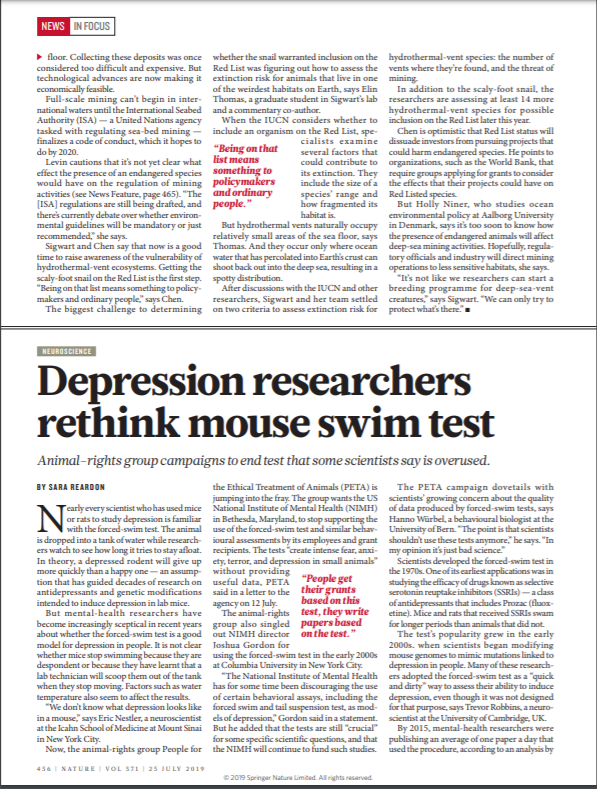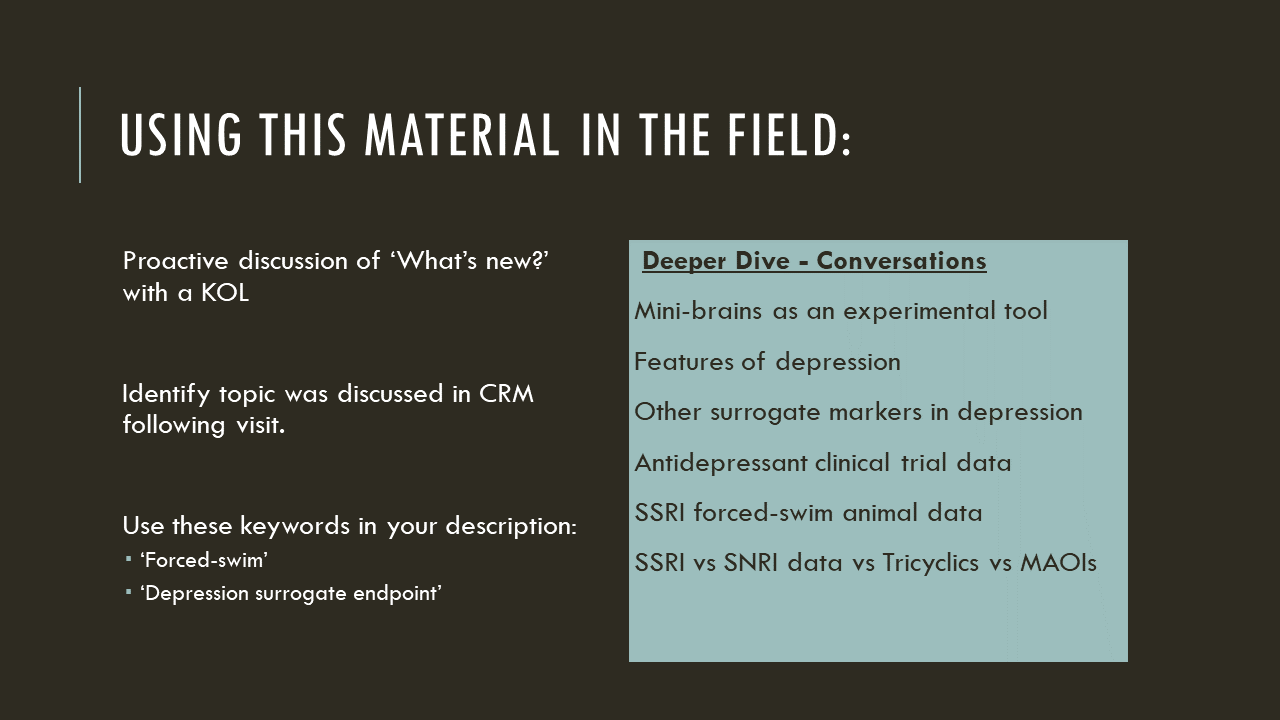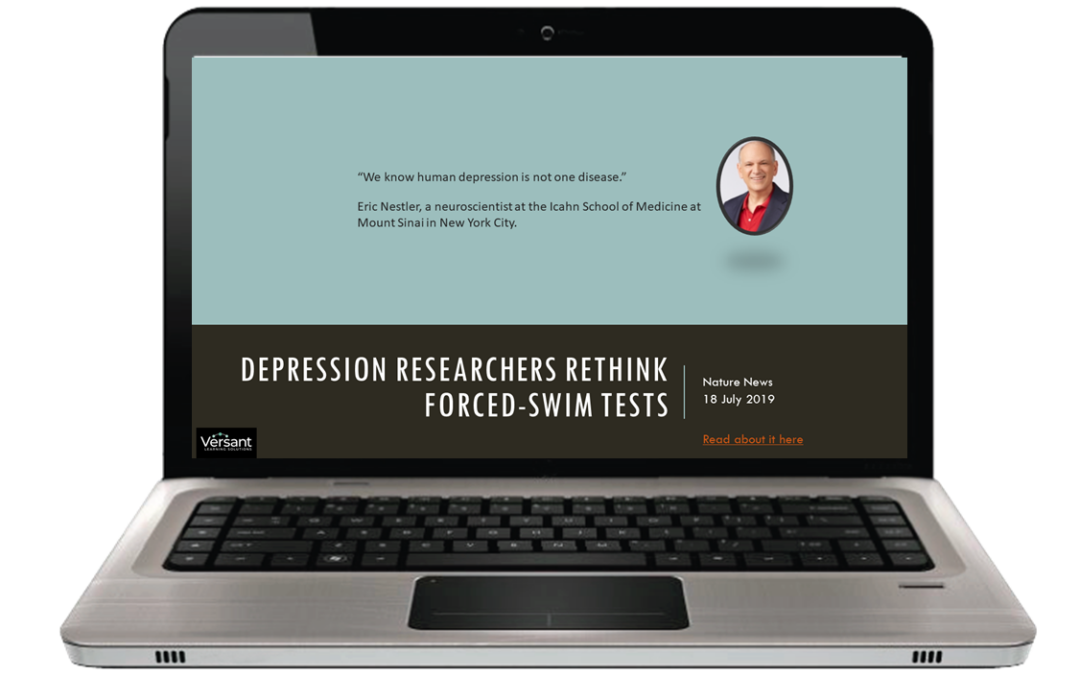Challenge:
“My team needs to know about this content quickly.”
Data is published constantly in the basic sciences. Sometimes it is a large Phase III study, but other times it is a smaller data point that could move the field. Often, thought leaders in the field want to hear about this type of information. So, a challenge that many Medical Affairs Directors face is turning content into something that their field teams can digest quickly and communicate in the field.
What is the MedicalAffairs manager considering?
- Who has the bandwidth to take on the project? No one.
- Who on the Medical Affairs Team has training in adult learning? No one.
- Who can afford to take time out of the field to work on this project? No one.

The Manager wanted a trusted advisor.

Versant Learning Solutions can extend your bandwidth.
Versant considers how adults learn when creating content.
Versant helps your team become conversant with the data without compromising their key objectives.
The manager wanted to drip content to the team:
In this situation, the manager wanted the field team to conduct more engaging field conversations and always have a ‘What’s New’ mindset. To accomplish this goal, Versant sends a key data point or interesting findings to the team on a routine basis.
For this client, ‘routine’ meant once every two weeks. For you, it could be weekly, monthly, or something else. Whatever frequency you think is required to keep the team fresh.

What content to start with –
Controversial standard animal assessment in the therapeutic area.
For depression researchers, the forced swim test is a standard laboratory evaluation. The KOLs in the field would know how this test was used, even if they had never worked in a lab. It was a topic to gather insights about and could lead to deeper conversations about depression clinical data.

Nature content is a reputable source
The column in Nature News was not long, but the manager wondered if MSLs would take the time to read it if it was sent out as a PDF.
Versant identified the key points of the article and created a short microlearning.
The microlearning was sent out to the team via email, but other delivery methods were an option.
Read the full article here.

Versant distilled key article content:
- Animal-rights group’s campaign to end forced-swim tests comes amid debate over whether the method is overused
- Forced-swim test – The animal is dropped into a tank of water while researchers watch to see how long it tries to stay afloat
- Guided decades of research on antidepressants and genetic modifications intended to induce depression in lab mice.
- It is not clear whether mice stop swimming because they are despondent or because they have learned that a lab technician will scoop them out of the tank when they stop moving. Factors such as water temperature also seem to affect the results.
- These tests “create intense fear, anxiety, terror, and depression in small animals” without providing useful data, PETA said in a letter
- “The forced swim test lacks sufficient mechanistic specificity to be of general use in clarifying the neurobiological mechanisms underlying human depression.” – NIMH director Joshua Gordon
- Scientists developed the forced-swim test in the 1970s.
- Mice and rats that received SSRIs swam for longer periods than animals that did not.
- “Quick and dirty” way to assess their ability to induce depression, even though it was not designed for that purpose
- Mice given the drugs show measurable changes in behavior during swim tests beginning one day after treatment, whereas in people SSRIs often take weeks or months to reduce symptoms of depression.
- Roche, Janssen and AbbVie have abandoned the procedure in recent years.
- ‘Mini-brains’ grown from human stem cells, could eliminate the need to use rodents in depression studies.
- One approach could include developing animal tests that accurately measure specific symptoms of depression, such as lack of interest in a favorite food.
- “We know human depression is not one disease,” per Eric Nestler, a neuroscientist at the Icahn School of Medicine at Mount Sinai in New York City.
Multiple adult learning features were included:

Microlearning distilled from 1100+ words down into 5 training slides
Slides do not have a lot of text
Key points covered
Links for deeper learning are provided
Reflection cue included
Small training that tells a story
Ideas on how to apply the knowledge
Clear instructions on follow through






See the finished product
See the final product in our portfolio and more information on the deliverable.
The value is visible:
MSLs have something ‘new’ to discuss with KOLs in the field
Team members were not taken away from their primary objectives to create the content
Team trainer was able to focus on larger, strategic objectives by passing the work to Versant
Manager demonstrates team value

ROI: Leverage CRM data to see if the content was used

The MSLs report what they discuss during a KOL conversation.
MSLs were expected to use keywords like ‘forced-swim’, ‘microlearning’, ‘depression surrogate endpoint’ in their free text fields if they discussed this particular information.
Were keywords from this article included in their free text?
The manager could leverage analytics to demonstrate the value of this piece of content and the larger program to internal stakeholders.
See the finished product
See the final product in our portfolio and more information on the deliverable.

